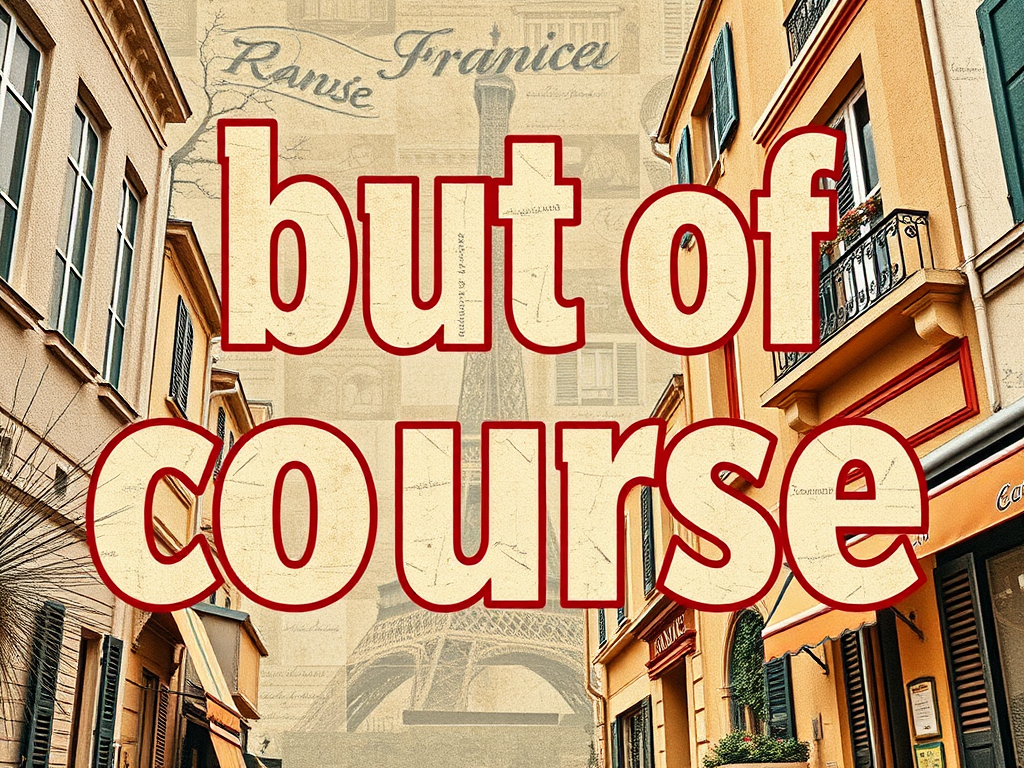Better in French

Table of contents
The French equivalent of "better" is typically translated as mieux or meilleur, depending on the context. While both words convey improvement, they are used in different grammatical situations. Let's explore how to use these terms correctly and effectively in French conversations.
Understanding the Difference
Mieux is an adverb, used to describe actions or verbs, while meilleur is an adjective, used to describe nouns. This distinction is crucial for using "better" correctly in French.
Using Mieux
Mieux is used when comparing actions or states. It's the comparative form of bien (well).
Examples:
- "I sleep better now" - Je dors mieux maintenant
- "She sings better than me" - Elle chante mieux que moi
Using Meilleur
Meilleur is used to compare nouns and agrees in gender and number with the noun it modifies.
Examples:
- "This is a better book" - C'est un meilleur livre
- "She has better ideas" - Elle a de meilleures idées
Common Phrases
Here's a table with some common phrases using "better" in French:
| English | French | Pronunciation (IPA) |
|---|---|---|
| Better late than never | Mieux vaut tard que jamais | /mjø vo taʁ kə ʒa.mɛ/ |
| It's getting better | Ça s'améliore | /sa sa.me.ljɔʁ/ |
| For better or worse | Pour le meilleur et pour le pire | /puʁ lə mɛ.jœʁ e puʁ lə piʁ/ |
Tips for Improvement 🚀
- Practice using mieux and meilleur in context.
- Listen to French conversations to hear how natives use these words.
- Try creating your own sentences using "better" in French.
Remember, mastering the use of "better" in French will greatly enhance your language skills. Keep practicing, and you'll see improvement in no time! Bonne chance! 🇫🇷✨






